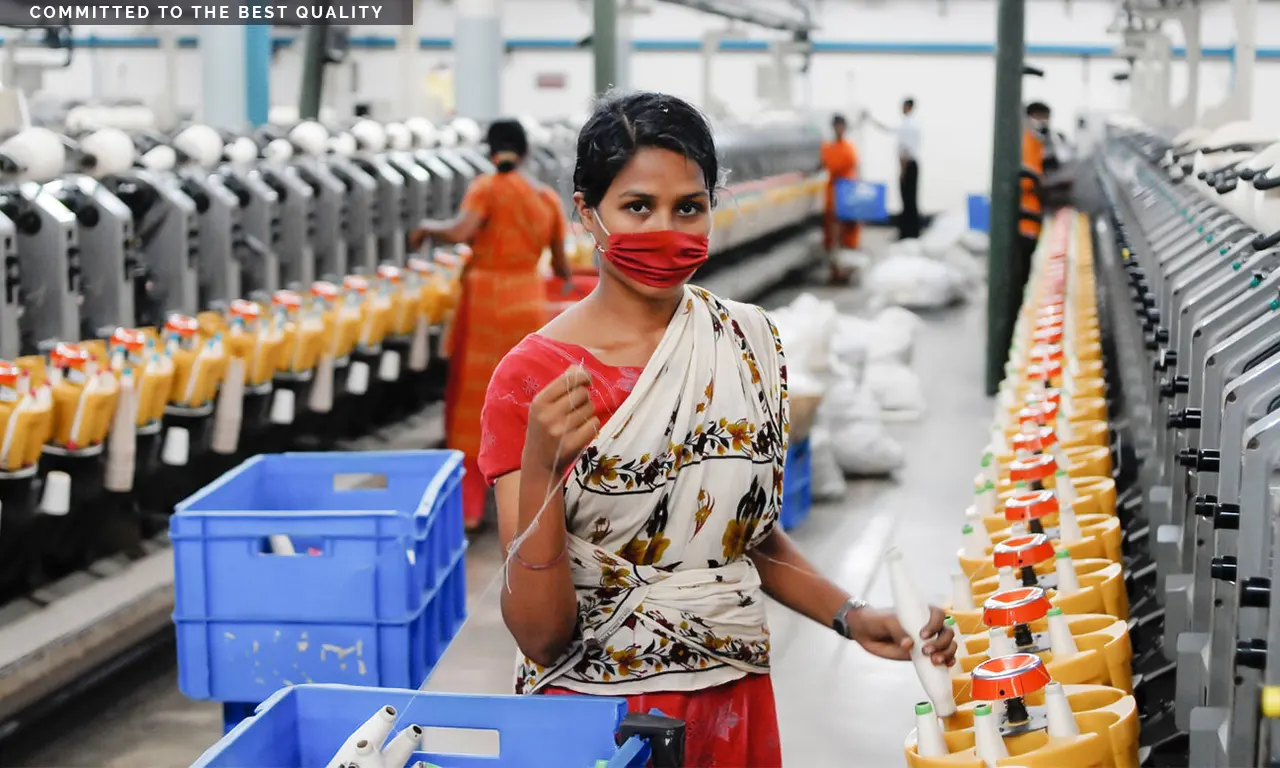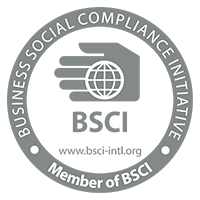
The Ready-Made Garments (RMG) industry has played a significant role in empowering women in many developing countries, particularly in South Asia. Here are some ways in which the RMG industry has contributed to women's empowerment:
- Employment opportunities: The RMG industry has provided employment opportunities for millions of women, especially in countries like Bangladesh, India, and Vietnam. It has created a large number of jobs in garment factories, which are often the first formal sector jobs available to women from rural areas. This has helped women gain financial independence and improve their socioeconomic status.
- Economic empowerment: By earning a steady income, women working in the RMG industry have been able to support themselves and their families financially. This economic empowerment has given them greater control over their lives, decision-making power within their households, and the ability to invest in their children's education and health.
- Skill development: The RMG industry has played a crucial role in developing the skills of women workers. Many women enter the industry with limited education or vocational training, but through their work in garment factories, they acquire valuable technical skills related to sewing, cutting, quality control, and other aspects of garment production. These skills can enhance their employability and open up opportunities for career growth.
- Social empowerment: The RMG industry has challenged traditional gender norms and social attitudes by providing opportunities for women to work outside their homes. This has helped shift societal perceptions about women's roles and capabilities. Women working in the industry have gained confidence, self-esteem, and a sense of empowerment, as they become active contributors to their families and communities.
- Collective organizing: Women working in the RMG industry have organized themselves into unions and associations to advocate for better working conditions, fair wages, and improved rights. These collective efforts have empowered women to voice their concerns, negotiate with employers, and influence policies that directly affect their lives. Through collective organizing, women have gained a stronger voice in shaping their working environments and demanding their rights.
- Leadership opportunities: The RMG industry has also provided leadership opportunities for women. Some women who started as garment workers have risen to managerial positions, becoming supervisors, factory managers, or even entrepreneurs in the sector. This not only offers financial rewards but also challenges gender stereotypes and inspires other women to strive for leadership roles.
However, it's important to acknowledge that the RMG industry also faces challenges, such as low wages, unsafe working conditions, and limited opportunities for career advancement. Efforts are needed to address these issues and ensure that women in the industry experience true empowerment, with fair wages, safe workplaces, and access to education and training for skill development.
Leave a Reply
Your email address will not be published.






















Comments
0 Comment